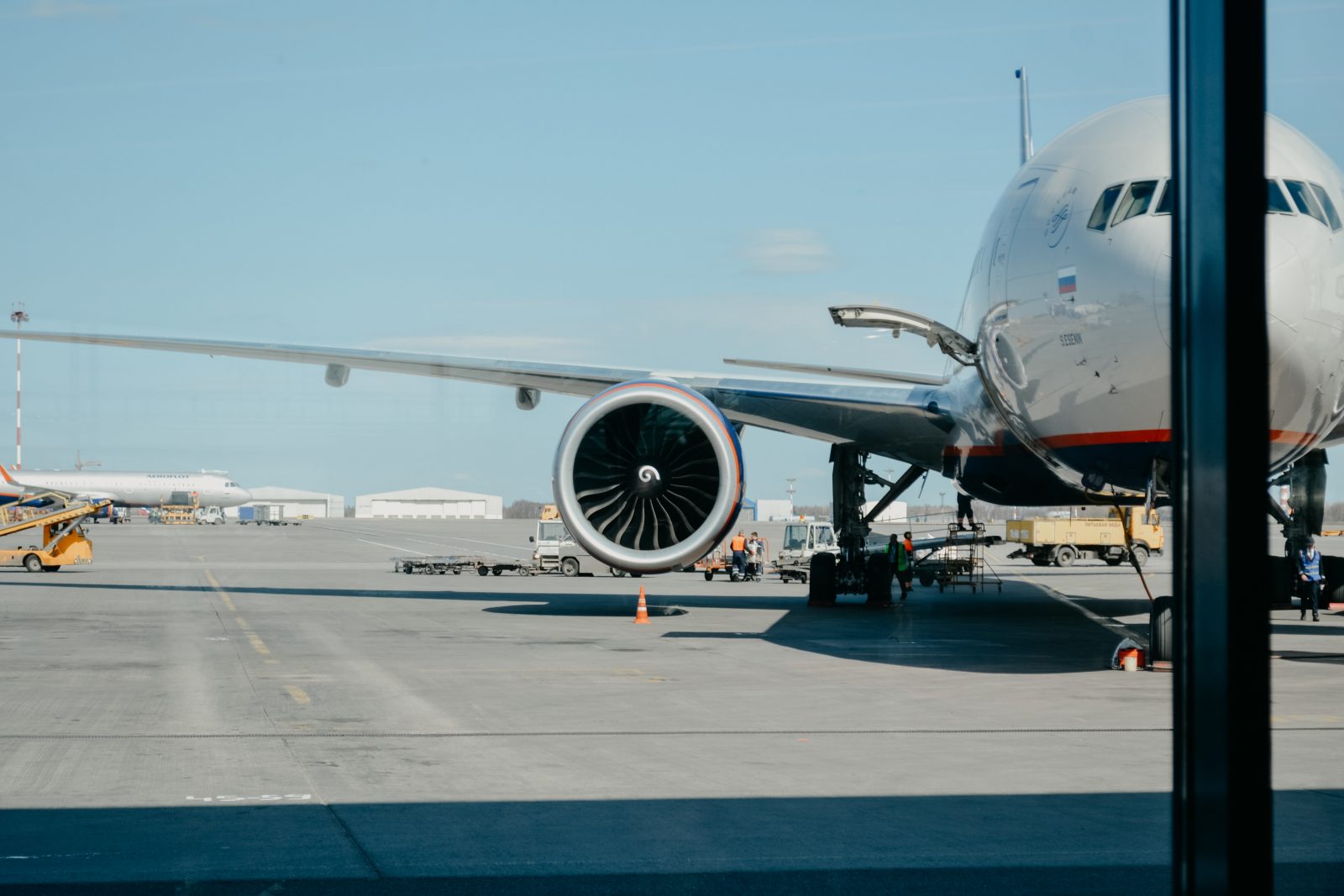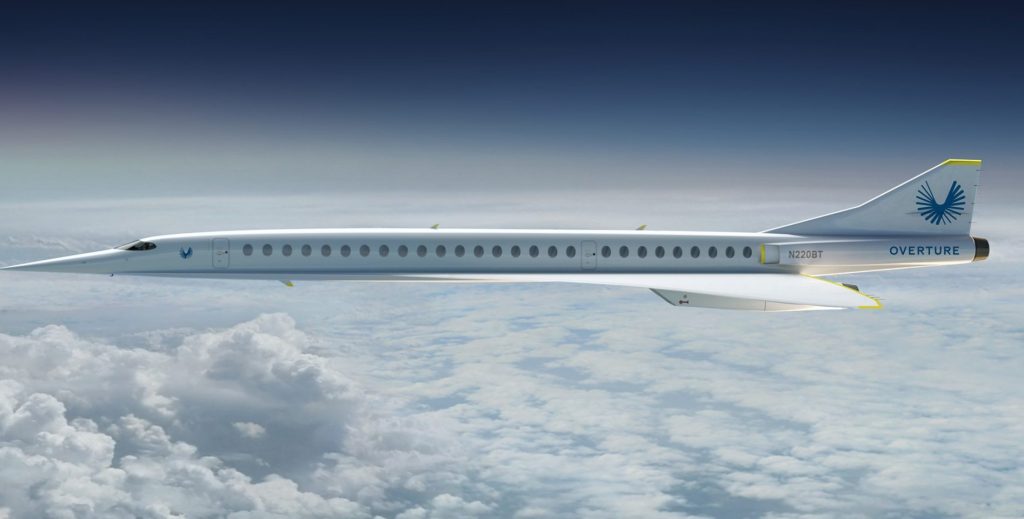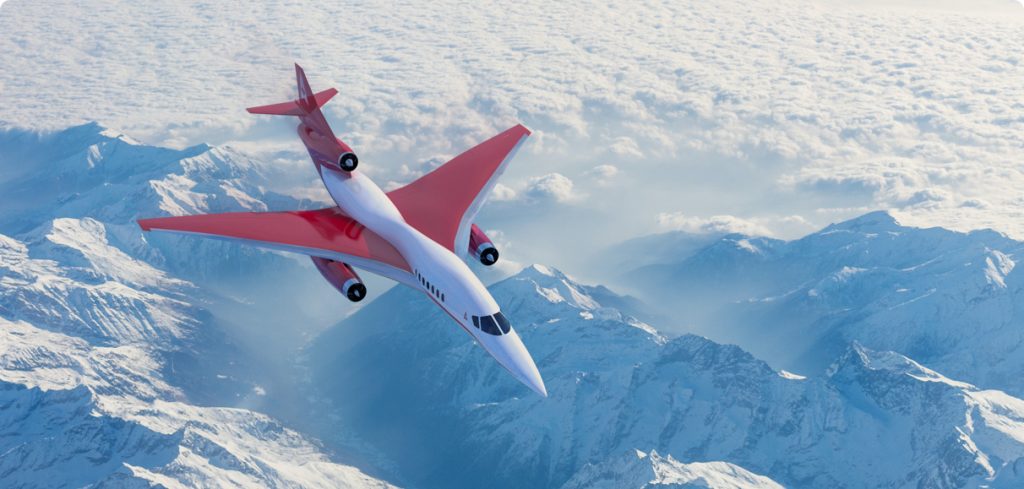
Russian scientist Anatoly Gubanov has been arrested by agents from the notorious internal FSB security agency on suspicion of passing state secrets about the country’s aviation industry abroad. Gubanov was charged with High Treason in a Moscow court late last week and is now being held in pre-trial detention until the start of February.
The scientist has worked at the Central Aerohydrodynamic Institute (TsAGI) since 1979 and is known for his research on supersonic aircraft and high-speed aircraft power units.

According to the Russian TASS news agency, Gubanov’s father-in-law is a prominent scientist and one of the heads of the Soviet aviation industry. Three of his children also work in Russia’s aviation industry.
The arrest comes just months after Russia revealed that it would help fund the development of a new supersonic commercial aircraft some 37 years after it ended production of the world’s first commercial aircraft capable of speeds exceeding Mach 2.
The Soviet Union abandoned development of its Tupolev TU-144 supersonic aircraft in 1983 over reliability and airworthiness concerns following two crashes involving the plane. The TU-114 took its maiden flight just two months before Concorde and also became the first commercial plane to exceed Mach 2.
The Russian Federation has earmarked at least $205 million to develop the new plane which is being led by the same institute that Gubanov worked at. Scientists have been working on new technologies that will reduce the noise caused the sonic boom that is caused when the plane breaks the sound barrier.

Several companies have started a new race to revive supersonic air travel following the retirement of Concorde in 2003. The front runner is Colorado-based Boom Supersonic which has developed a jet called Overture. Boom has already created a demonstrator aircraft and the final design, which looks similar to Concorde’s delta wing design, could be ready for commercial use as soon as 2025.
But while the Overture is set to carry between 65 and 88 passengers at speeds of more than Mach 2.2, Nevada-based Aerion is working on its AS2 supersonic business jet that would carry just 8-12 passengers.
NASA is also working on its own supersonic jet called X-59 which, like the Russian developed jet, will either mitigate or completely eliminate the dreaded supersonic boom. NASA’s first test plane is set to takeoff from 2022.
“According to the investigation, Gubanov handed over secret aviation development data abroad,” a source close to the investigation told the TASS news agency about Gubanov’s arrest. The source did not say what information he had been accused of leaking or what countries had obtained the stash of classified secrets.
The initial court hearing was held behind closed doors and the trial is also set to be held in secret. If found guilty, Gubanov faces a prison sentence of up to 20 years.
Mateusz Maszczynski honed his skills as an international flight attendant at the most prominent airline in the Middle East and has been flying ever since... most recently for a well known European airline. Matt is passionate about the aviation industry and has become an expert in passenger experience and human-centric stories. Always keeping an ear close to the ground, Matt's industry insights, analysis and news coverage is frequently relied upon by some of the biggest names in journalism.







